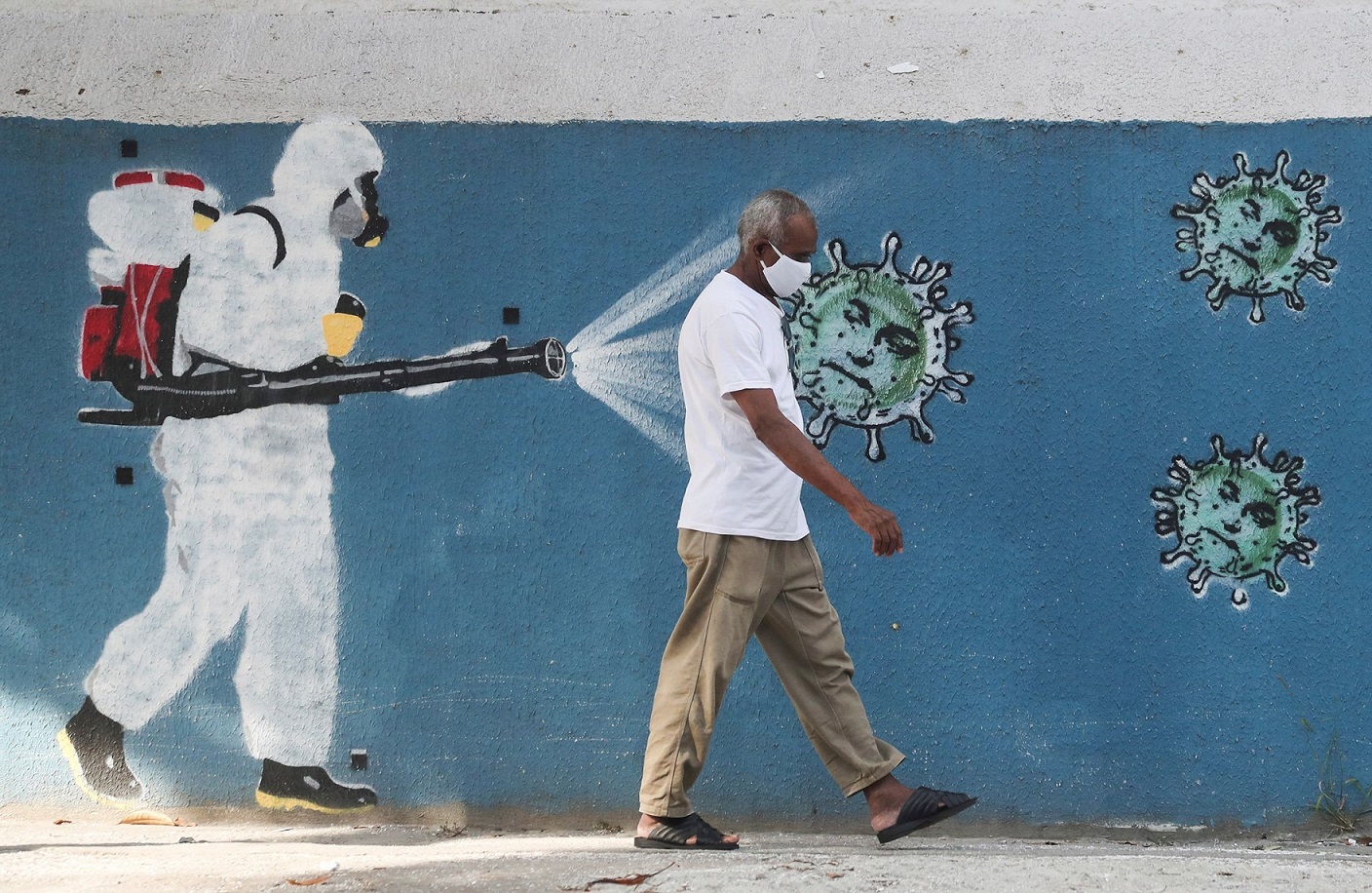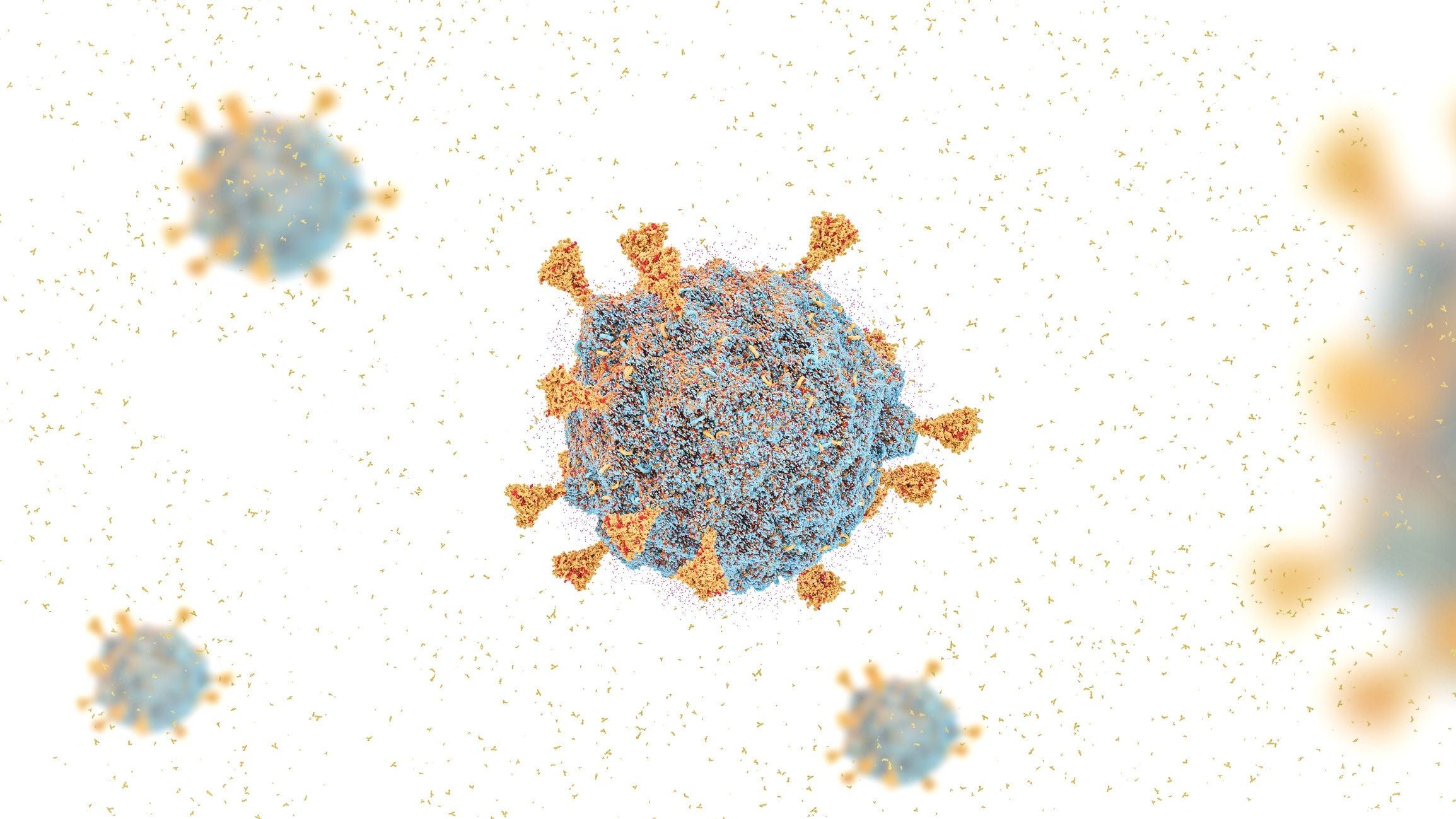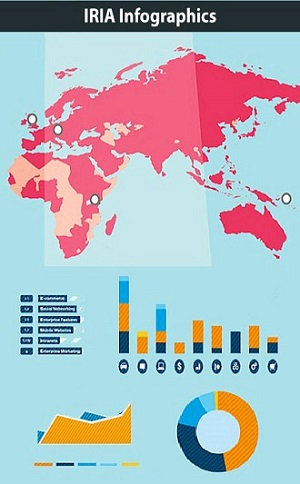The highly mutated Omicron Coronavirus Variant

The World Health Organization (WHO) classified the B.1.1.529 variant or Omicron as a SARS-CoV-2 “variant of concern”, stating that it may spread faster than other forms of coronavirus.
The new Omicron coronavirus variant is a newly mutated version of the COVID-19 virus. The Omicron variant, which was first discovered by South African scientists, found its way to Europe and Asia. It is expected that the Omicron can spread more quickly and evade antibodies and vaccinations.
Medical Director of infection prevention and hospital epidemiology at the University of Pittsburgh Medical Center, Dr. Graham Snyder said, the Delta variants still dominate the world, accounting for 99.9% of the COVID-19 cases in the U.S., however, it is unclear whether Omicron can replace Delta.
However, according to South Africa's KwaZulu-Natal Research Innovation and Sequence Platform Director, Professor Tulio de Oliveira, the Omicron variant has a high number of mutations, accounting for about 50 mutations and the virus has more than 30 mutations in the spike protein, which allows it to unlock the entrance to the human cells.
Further zooming into the receptor-binding domain reveals that the new variant has 10 mutations compared to just two mutations that the Delta variant contains.
Although the effects of the new variant have not yet been determined, the mutations of Omicron worry scientists, who believe that the new variant could be more infectious and the vaccines that are available to the public would not be enough to contain it.
On November 26, the Centers for Disease Control and Prevention (CDC) released a statement on the Omicron variant, stating, “We know what it takes to prevent the spread of COVID-19. CDC recommends people follow prevention strategies such as wearing a mask in public indoor settings in areas of substantial or high community transmission, washing your hands frequently, and physically distancing from others. CDC also recommends that everyone 5 years and older protect themselves from COVID-19 by getting fully vaccinated. CDC encourages a COVID-19 vaccine booster dose for those who are eligible.”
 A man walks next to a graffiti depicting a cleaner wearing protective gear spraying viruses with the face of Brazil's President Jair Bolsonaro amid the coronavirus outbreak, in Rio de Janeiro, Brazil, June 12, 2020. (Image Credit: REUTERS)
A man walks next to a graffiti depicting a cleaner wearing protective gear spraying viruses with the face of Brazil's President Jair Bolsonaro amid the coronavirus outbreak, in Rio de Janeiro, Brazil, June 12, 2020. (Image Credit: REUTERS)
At present most of the confirmed cases of the Omicron variant are contained in southern African nations, however, there are concerns that the variant may have spread more widely before South African scientists discovered it.
A Professor of Public Health and Microbiology at the University of Cambridge, Sharon Peacock stated that the South African government, its health ministry, and scientists “are to be applauded” for their quick response and “sounding the alarm to the world.”
Sharon Peacock said that this development shows the importance of having excellent sequencing capabilities and sharing expertise with others.
However, an epidemiologist Andrew Pekosz from Johns Hopkins Bloomberg School of Public Health, said “There’s been a window of probably about two weeks conservatively that this virus has been spreading.”
So far, there have been several cases identified in European countries, including the UK, Italy, Belgium, and Germany, and suspected cases in the Netherlands and the Czech Republic. While dozens of cases of Omicron variant have also been detected in other locations, such as Hong Kong, Singapore, Israel, and Botswana.
Although epidemiologists believe that travel restrictions are may be too late to prevent the spread of Omicron, however, several countries - including the United States, Brazil, Canada, European Union nations, Australia, Japan, South Korea, Indonesia, Saudi Arabia, Pakistan, and Thailand have announced the implementation of bans on southern African countries.
The WHO also called on countries to strengthen monitoring and sequencing to better understand the coronavirus variants amid Omicron detection followed by international concerns.
The Omicron has also affected the world economy as stock markets fell sharply and many investors believe that new restrictions and lockdowns might hinder the global economic recovery.
 An illustration of Omicron Coronavirus variant. (Image Credit: CIPhotos/Getty Images)
An illustration of Omicron Coronavirus variant. (Image Credit: CIPhotos/Getty Images)
The new variant also brought attention to the huge disparity in global vaccination rates. According to medical and human rights organizations, even though many developed countries have achieved the goal of vaccinating more than half population, and are now focusing on giving the third booster shot of vaccines, there are only less than 7% of people in low-income countries who have received their first COVID-19 vaccine shot.
Regions
Issues


























